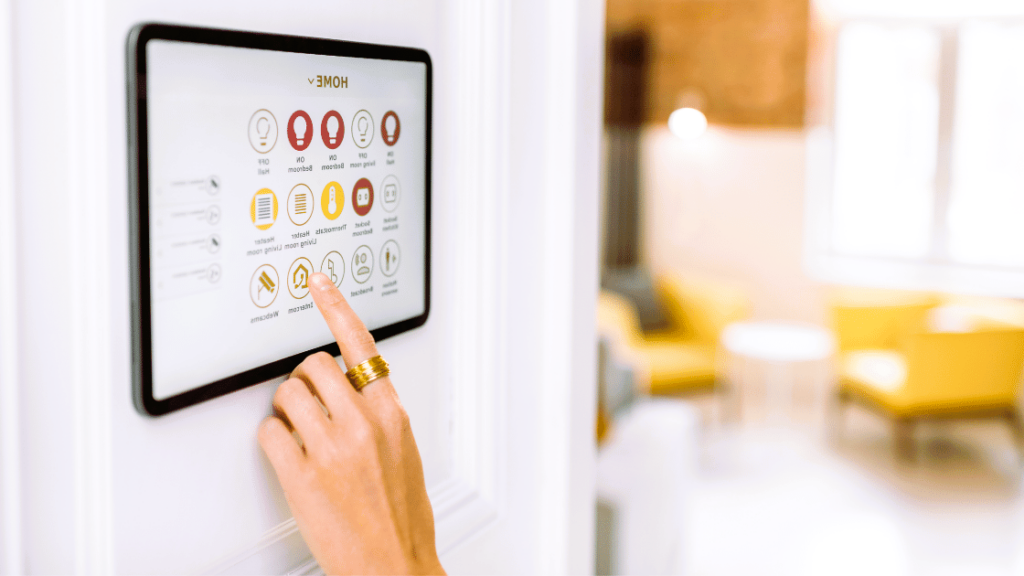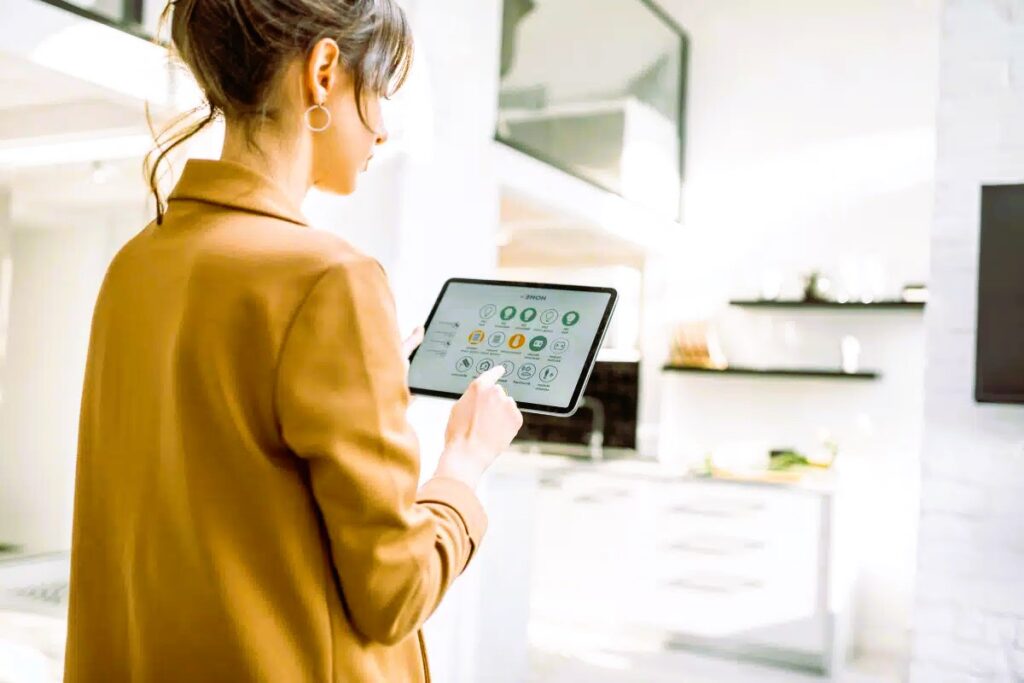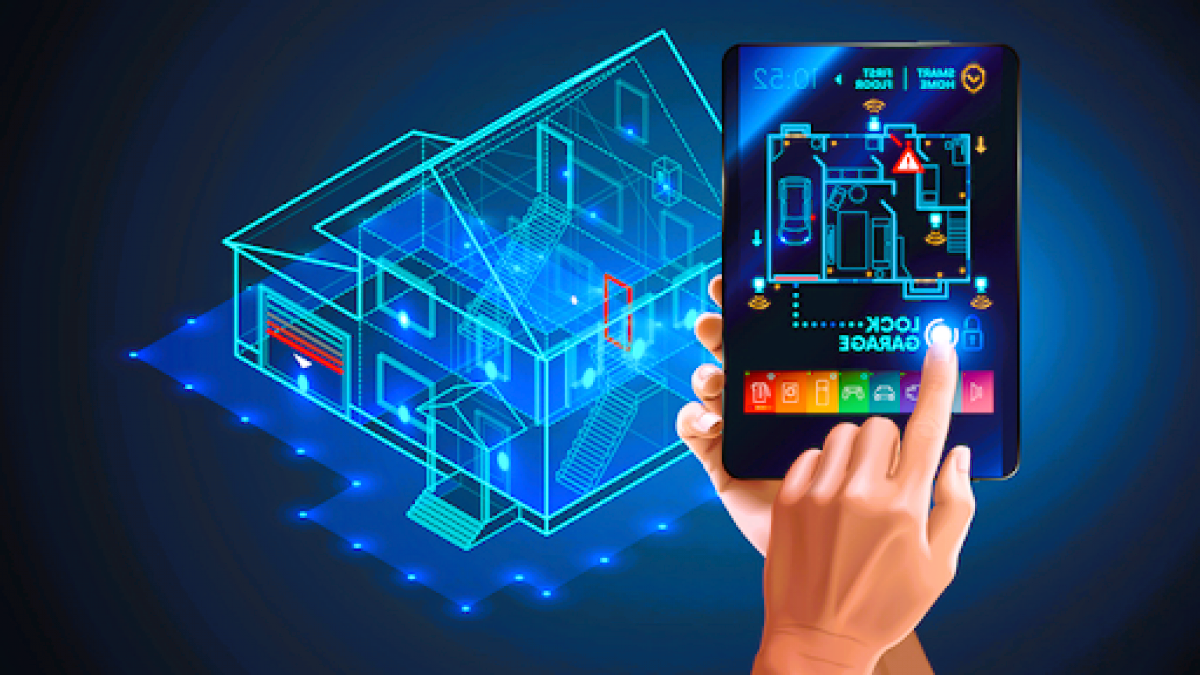In recent years, the integration of smart home technology has revolutionized the way we live, work, and interact with our homes. From automated thermostats and security cameras to voice-controlled assistants and energy-efficient appliances, smart home devices offer convenience, comfort, and efficiency like never before. As these technologies become more prevalent in homes across the globe, they are also having a significant impact on the home inspection industry. In this article, we’ll explore the rising trends in smart home technology and how they are impacting the home inspection industry.
The Growth of Smart Home Technology
Smart home technology encompasses a wide range of devices and systems designed to enhance the functionality and connectivity of homes. These technologies allow homeowners to monitor and control various aspects of their homes remotely, often through smartphone apps or voice commands. Some of the most popular smart home devices include:
- Smart Thermostats: Smart thermostats learn the user’s preferences and adjust the temperature settings accordingly, helping to save energy and improve comfort.
- Security Cameras and Systems: Smart security cameras and systems provide homeowners with real-time video monitoring, motion detection, and alerts for enhanced home security.
- Voice-Controlled Assistants: Voice-controlled assistants, such as Amazon Alexa and Google Assistant, allow users to control smart home devices, play music, answer questions, and more using voice commands.
- Smart Lighting: Smart lighting systems enable users to adjust lighting levels, colors, and schedules remotely, saving energy and enhancing ambiance.
- Smart Appliances: Smart appliances, including refrigerators, ovens, and washing machines, offer advanced features such as remote monitoring, diagnostics, and energy management.
Impact on Home Inspections

The growing popularity of smart home technology is reshaping the landscape of the home inspection industry in several ways:
- Expanded Scope of Inspections: With the proliferation of smart home devices, home inspectors must now evaluate not only traditional systems and components but also smart home technologies. This includes assessing the functionality, compatibility, and integration of smart devices within the home’s infrastructure. DIY vs. Professional Home Inspections, read more at this link.
- Increased Complexity: Smart home systems can be complex and interconnected, requiring specialized knowledge and expertise to evaluate effectively. Home inspectors must stay abreast of the latest developments in smart home technology and receive training on how to inspect and assess these systems properly.
- Potential Security and Privacy Concerns: Smart home devices raise concerns about data security and privacy, as they collect and transmit sensitive information about homeowners and their habits. Home inspectors must be aware of these concerns and advise clients on best practices for securing their smart home devices and networks.
- Integration with Home Inspection Reports: As smart home technology becomes more prevalent, home inspection reports may need to include additional sections or disclosures related to smart devices and systems. This ensures that buyers are fully informed about the presence and condition of smart home technology in the properties they are considering purchasing.
- Opportunities for Specialization: The rise of smart home technology presents opportunities for home inspectors to specialize in evaluating and assessing smart home systems. By acquiring specialized training and certifications, inspectors can differentiate themselves in the market and provide added value to clients seeking expertise in this area.
Adapting to the Trends

To adapt to the rising trends in smart home technology, home inspectors must:
- Stay Informed: Keep abreast of the latest developments in smart home technology through professional development courses, industry publications, and manufacturer updates.
- Obtain Specialized Training: Seek out specialized training and certifications in smart home technology to enhance your knowledge and expertise in this area.
- Update Inspection Protocols: Update inspection protocols and procedures to include evaluation criteria for smart home devices and systems, ensuring comprehensive assessments.
- Educate Clients: Educate clients about the benefits, risks, and considerations associated with smart home technology, helping them make informed decisions about their properties.
In conclusion, the rising trends in smart home technology are transforming the home inspection industry, presenting new challenges and opportunities for inspectors and homeowners alike. By staying informed, obtaining specialized training, and updating inspection protocols, home inspectors can adapt to these trends and continue to provide valuable insights and guidance to their clients. For more information on smart home technology and its impact on home inspections, visit Wikipedia.

